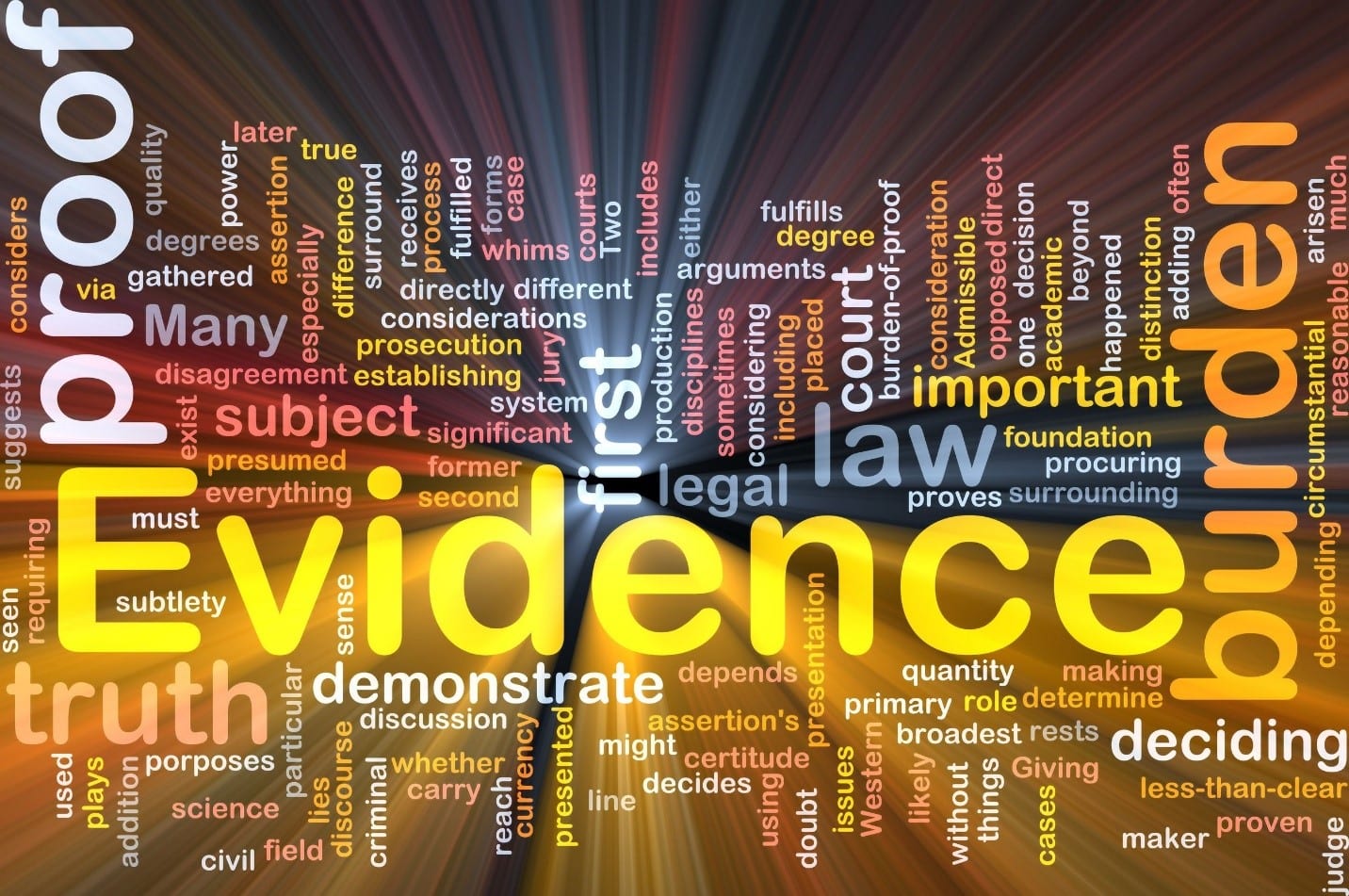A recent story about a man who referred to himself as “Mr. Pervert” illustrates what most people likely think about when they imagine stalking.
Last month, Sean Michael Vest of Pensacola, Fla., pleaded no contest to eight counts of obscene or harassing phone calls and 18 counts of aggravated stalking. The man who called himself “Mr. Pervert” was sentenced to 10 years in prison with an additional 10 years of probation.
He established a pattern of calling and texting 26 different people in Pensacola and the surrounding area. He threatened to commit sexual violence against the victims and their family members. Vest also manipulated photos of the victims found on social media and sent them the altered photos. The victims ranged in age from 12 to over 60 years old.
Under North Carolina law, this behavior absolutely constitutes stalking. However, someone in our state can also be charged with “stalking” for sending them “harassing” messages more than once.
Why? Because in our state, stalking and harassment are grouped under the same charge, even though many would consider harassment less threatening. In this post, we’ll explain the law and how a lawyer can help you fight your charges.
North Carolina Definitions of Stalking and Harassment
Stalking is a charge in the North Carolina statutes which involves the following elements.
Course of conduct
At least two acts of following, monitoring, observing, surveilling, or threatening an individual, interfering with his or her property, or communicating to or about the person
Harassment
Knowingly communicating or transmitting messages through various electronic or printed means which are specifically directed at one individual. The messages do not possess a legitimate purpose and cause the individual to feel tormented, terrified, or terrorized.
Reasonableness
The claims and feelings of the alleged victim are reasonable.
Emotional distress
The behavior of the defendant causes significant emotional distress for the alleged victim which may or may not require professional help.
The definition of the offense itself is:
- Willfully harassing an individual more than once with no lawful purpose, or
- Willfully committing a course of conduct with no lawful purpose, knowing that the conduct would incite a reasonable person to feel fear for his or her safety and for the safety of his or her family members, and that the individual suffers substantial emotional distress because of the fear.
The law has a separate component for cyberstalking. This is the use of the internet, email, or other electronic communication forms to create a pattern of sending threats and committing harmful or malicious online behavior.
Examples of Stalking and Harassment
What kinds of activities qualify as “stalking”? Here are several common examples.
- Following an individual
- Driving by an individual’s residence, workplace, or school
- Repeatedly sending unwelcome gifts or mail
- Contacting friends and family members for information about an individual
- Issuing threats of harm to an individual or his or her family or friends
- Causing damage to an individual’s property or belongings
- Repeat messages that are harassing, threatening, or obscene
- Repeat calls even after you have been asked to stop
Penalties for Stalking and Harassment in NC
A first-time stalking offense is classified as a Class A1 misdemeanor with an additional requirement of supervised probation. This is the most serious classification for misdemeanor crimes. It can include up to 150 days of incarceration. It may also involve a fine, set at the court’s discretion.
A cyberstalking conviction will result in a Class 2 misdemeanor charge. It can result in up to 60 days of incarceration and a fine of up to $1,000.
If a defendant has a previous conviction for stalking, a second offense will result in a Class F felony. The punishment is 10 to 41 months in prison.
If a defendant is under a court order at the time the offense is committed, a conviction will result in a Class H felony. The penalty is 4 to 25 months in prison.
Any of these convictions may also involve protective orders, probation, community service, anger management classes, or restitution to victims. The length of sentences is affected by prior records of criminal offenses.
How to Fight Your North Carolina Charges
As you can see, these penalties are significant, and you need the help of a qualified attorney to fight your charges. We can use several common defenses to get your charges reduced or dropped, such as the following:
- False accusations
- Insufficient evidence
- Lack of knowledge that the accusing individual was present
- Lack of reasonable complaints
- Mistaken identity
Contact us for a free case review with a qualified North Carolina criminal defense lawyer. Our years of experience will enable us to find the best defense for you and put up a strong fight for your freedom and future.










